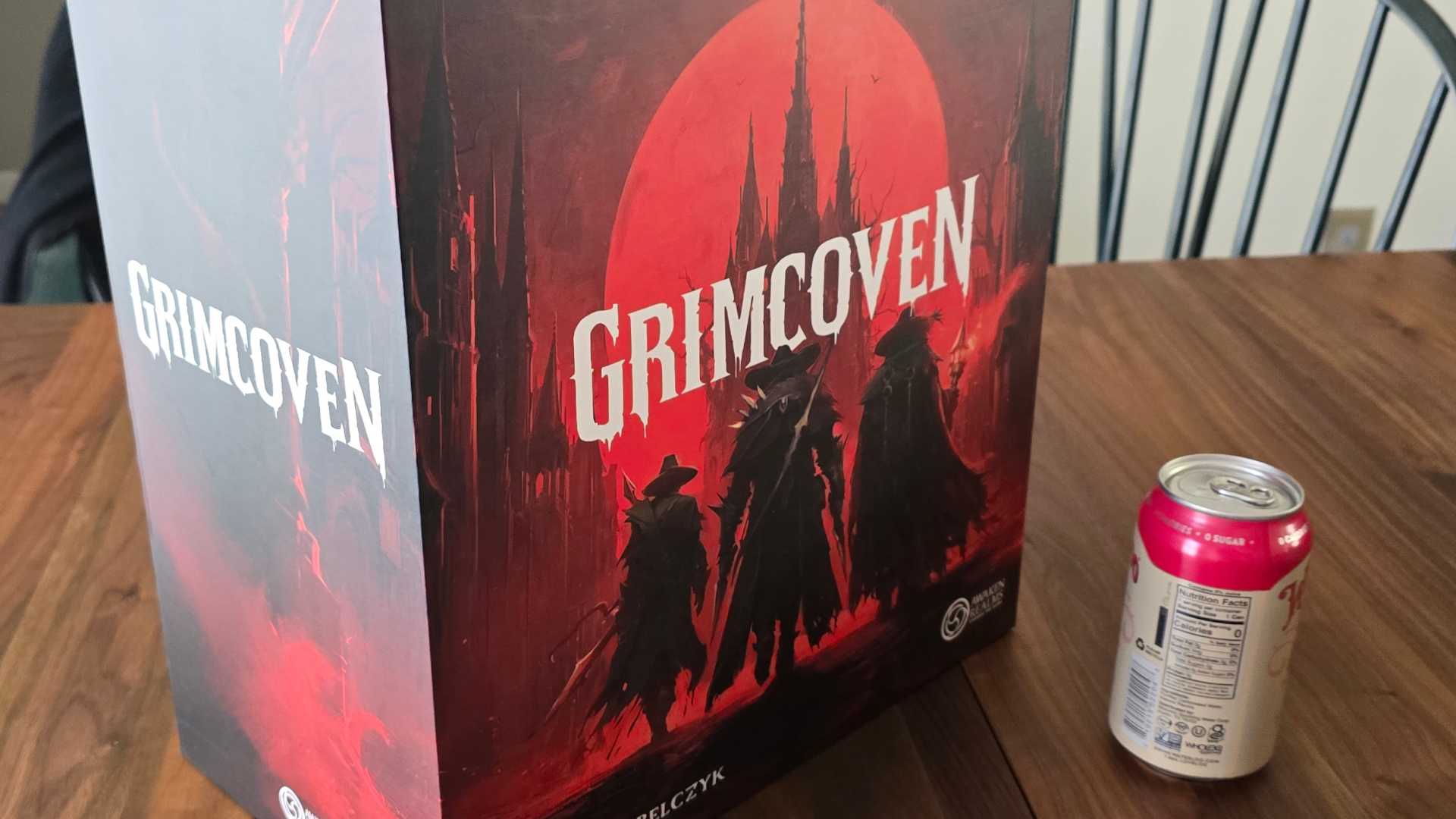How to spot a genuinely bad F2P game
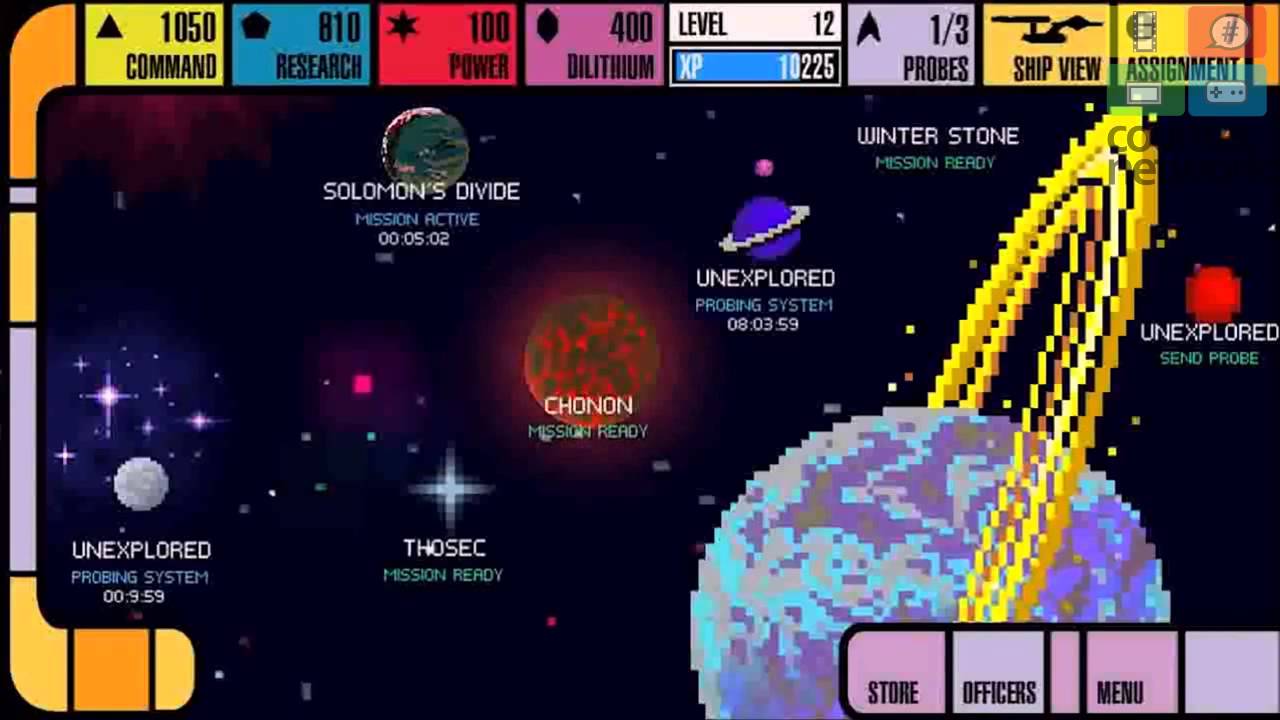
Do you know the signs?
Im a firm believer that free-to-play games arent inherently evil. A shocking statement, I know, but there are a ton of fantastic free-to-play games out there that really go the distance to ensure their players can have a great time without spending a dime. This list is not about those games.
This list is an introduction for gamers still finding their way in an ever-evolving mobile market. It is a guide, describing some of the worst practices free-to-play developers employ to separate you from your cash. Keep in mind that theres no bright line between a good or bad free-to-play game--even the best might use one or two of the techniques below. So please dont take any one item as definitive proof of a bad game. Rather, keep a wary eye on games that you notice using most of or all the methodologies below.
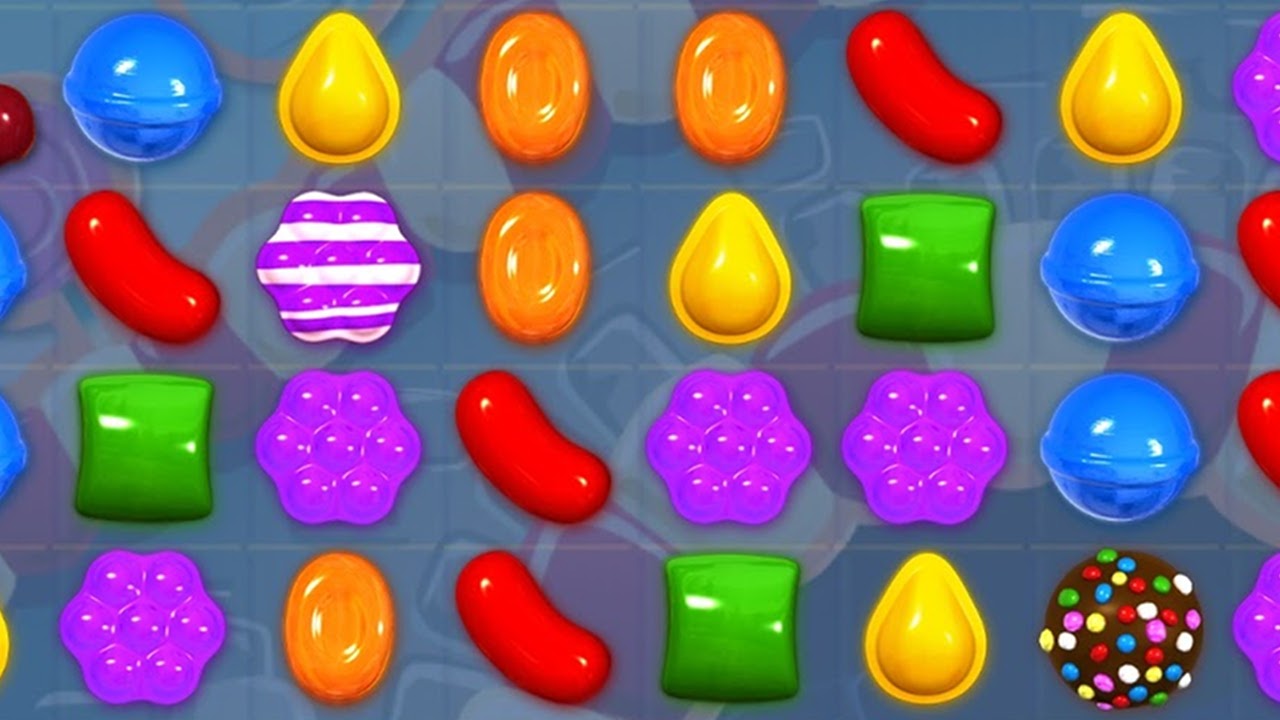
The game wont let you play it.
One of the classic ways free-to-play games apply pressure is by forcing the player to grind for new content. Theres nothing wrong with grinding per se--its a great way for cash-strapped gamers with some free time to make reasonable progress in a game they enjoy. But some developers take it a bit too far, limiting your playtime so drastically that its nearly impossible to make any progress.
What form these restrictions take depends on the game being played. Puzzle and Dragons uses stamina as a sort of currency--if you cant pay the stamina cost to enter a dungeon, you cant play. Candy Crush limits the player to five tries at a map per day. You can see the problem: if you want to progress, you have to grind but the game severely restricts your ability to do so. The only way to speed up your progress is to fork over your cash. Given how luck-based free-to-play games can be, stamina bars serve no purpose but to obstruct players who dont have the cash to replenish their stamina gauges.
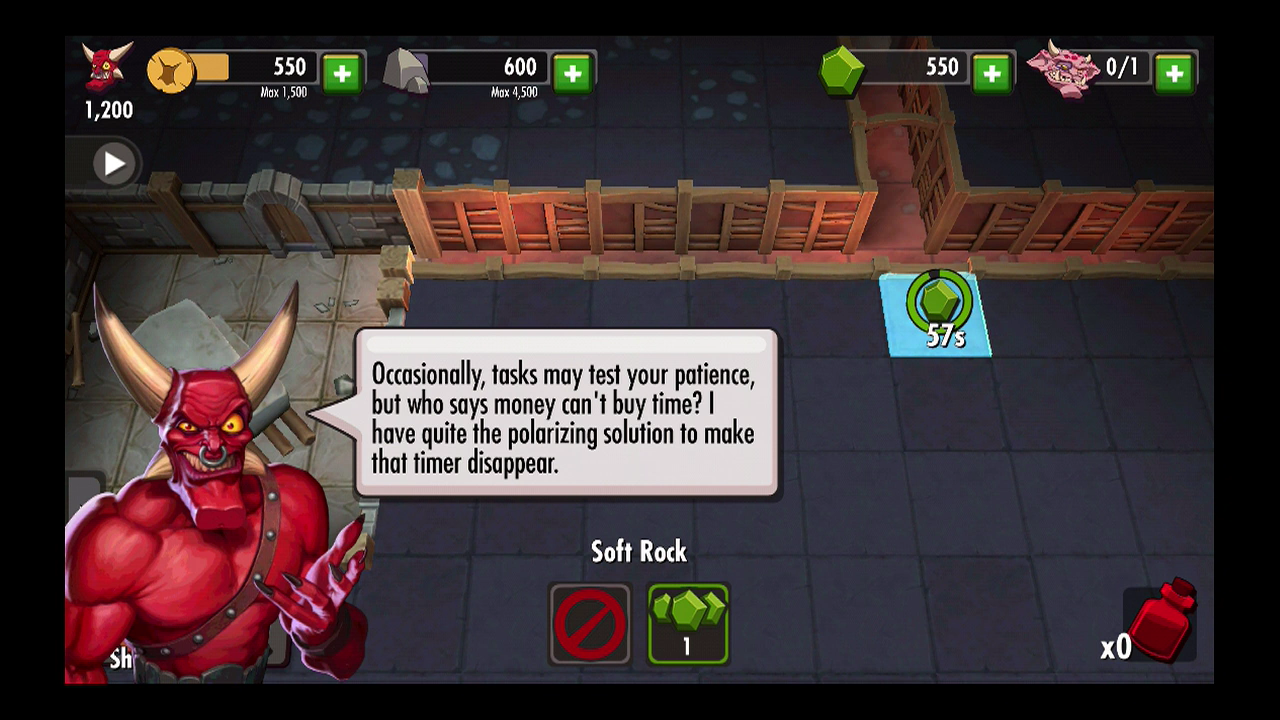
Clock Blocked
Continuing the theme, one of the key indicators of a bad free-to-play game is the inclusion of timers. Of course, as with all other items on this list, timers can be more or less villainous--its a matter of degrees. Very few games, including Clash of Clans and Extrasolar (not a mobile game) handle timers well. Clash of Clans doesnt prevent you from accessing core gameplay with its timer system, nor is the timer system excessively punitive. In the case of Extrasolar, the long breaks required between sessions are a key part of the games story and mechanics--not merely a tool to disrupt the players sessions.
The real issues come when games use timers as walls. Star Trek: Trexels, despite a loveable pixel art aesthetic and narration by George Takai himself, walls any actual gameplay behind several different sets of timers. You have to go through several different timers just to reach the core game--in essence, the timers are the game. The oft-reviled Dungeon Keeper remake shows another pitfall--excessively long timers. Its hard to stay invested in a game when youre only required to actually play it once every three or four days. Excessively long timers destroy any meaningful sense of progress for the sake of pressuring players to shell out their cash.
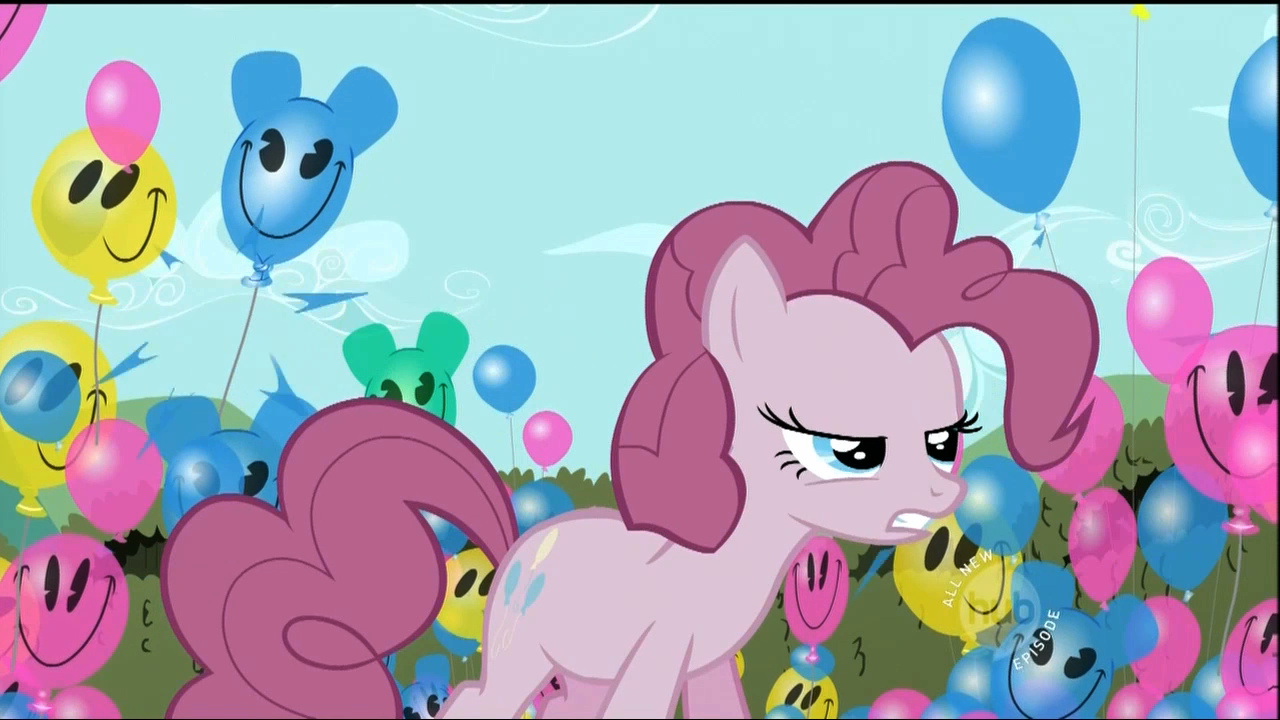
The Daily Grind
Timers are worrisome because they limit your playtime, but its possible to swing too far in the other direction. Some less-than-savory developers require players to spend untold hours grinding to unlock endgame content. Grinding is a key part of many genres--JRPGs are notorious for it--but no genre is as dependent on grinding as the free-to-play. Thats not to say grinding is inherently evil--like most of this list, grinding only becomes a problem when a game makes unreasonable demands on a player.
One of the worst offenders is Hasbros My Little Pony: Friendship is Magic. To beat MLP, the player has to unlock all six of the TV shows main characters. One of the final characters can only be unlocked through the premium currency, which accrues so slowly that it would take more than 2 years for a free player to gather the resources required. MLP is an extreme example, but nearly all free-to-play games drastically slow player progression as players become invested in the game--players get less and less return for more and more of their time. The most equitable free-to-play games give players a constant sense of progression rather trying to kill their sense of accomplishment.
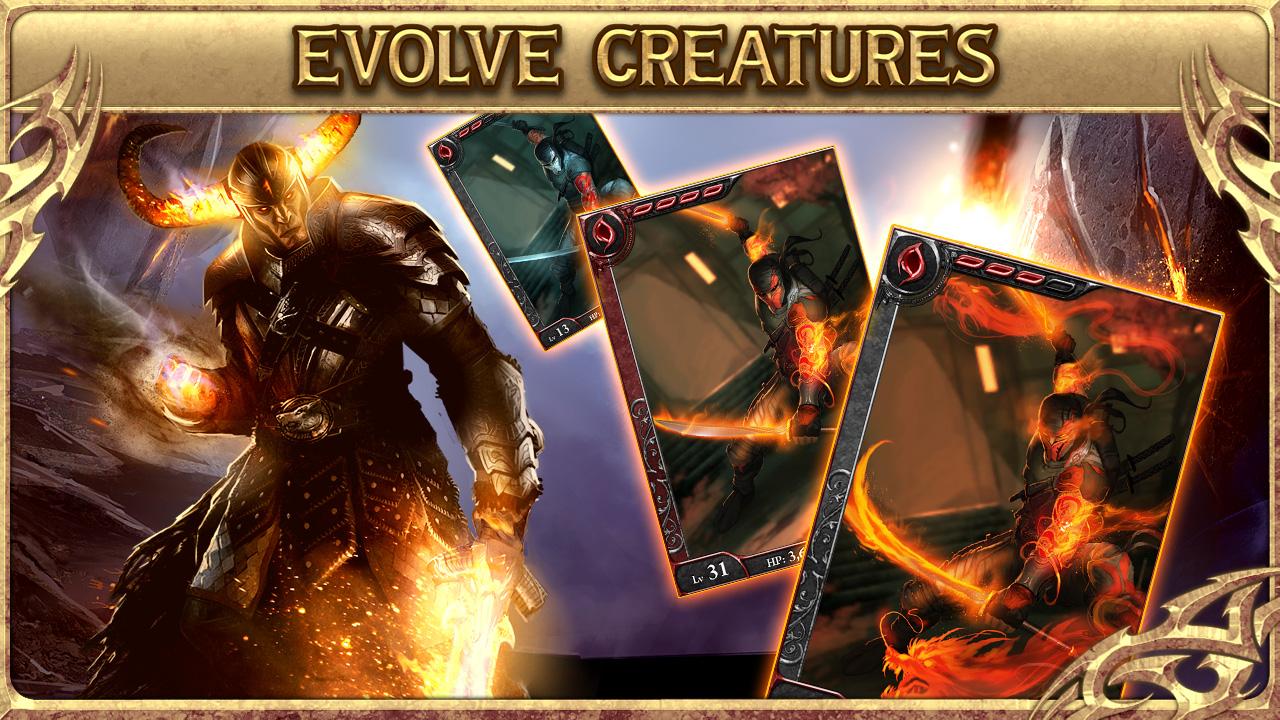
Pay to win...
Collectable Card games are one of the fastest growing segments of the mobile market, but they have a big problem: they are inherently pay to win. Most of these games require players to amass a huge library of cards to be competitive, then use their libraries to modify or boost the powers of their decks. Players can acquire new cards by playing the game, but at a much slower rate--usually limited by timers and stamina gauges. Paying players can buy new cards directly (in the form of booster packs) or pay to avoid the timers and energy guages that will slow their progress.
Of course, not every collectable card game falls into this pit. Calculords allows gamers to pay for a collection of powerful cards, but doesnt give them to the player right away. And since Calculords lacks any sort of card-fusion (a mechanic found in lots of other mobile card games), library size is no advantage. Its a nice way to dodge some of the major issues that arise when a developer gives paying players huge advantages over their non-paying brethren.
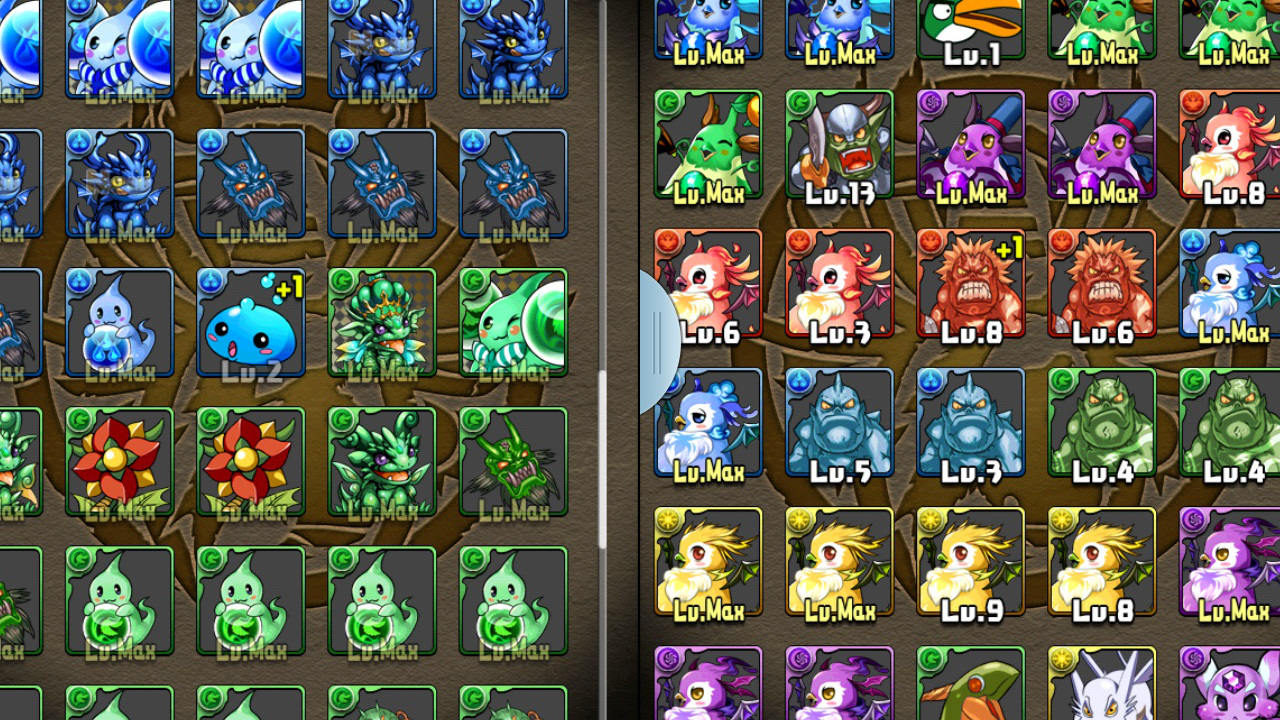
...and pay to lose?
When a player throws down money on a free-to-play title, they ought to get something concrete in return. As simple as that idea is, many completely fail to deliver on it. Get stuck on a level in Candy Crush saga and you can buy boosters but those boosters only make the game easier. Have a bad few hours and you might not progress, wasting the money you spent on the boosters.
Another worrisome trend is the introduction of lotteries as key elements of Final Fantasy: All The Bravest gave players a chance to group their favorite Final Fantasy characters together but doesnt let them pick which characters they get. Putting money into FF:AtB merely gives you a random character--hardly fair to players looking for Yuna, Cloud, or Lightning. Puzzle and Dragons follows suit--the premium currency is used for a chance to pull the rare egg machine. What they don't tell you is that only some of the monsters youll win, are useful--a few bad pulls can waste all your premium currency. If youre putting money into a free-to-play game, you really deserve to progress--these slot machine elements do nothing but add an element of gambling.
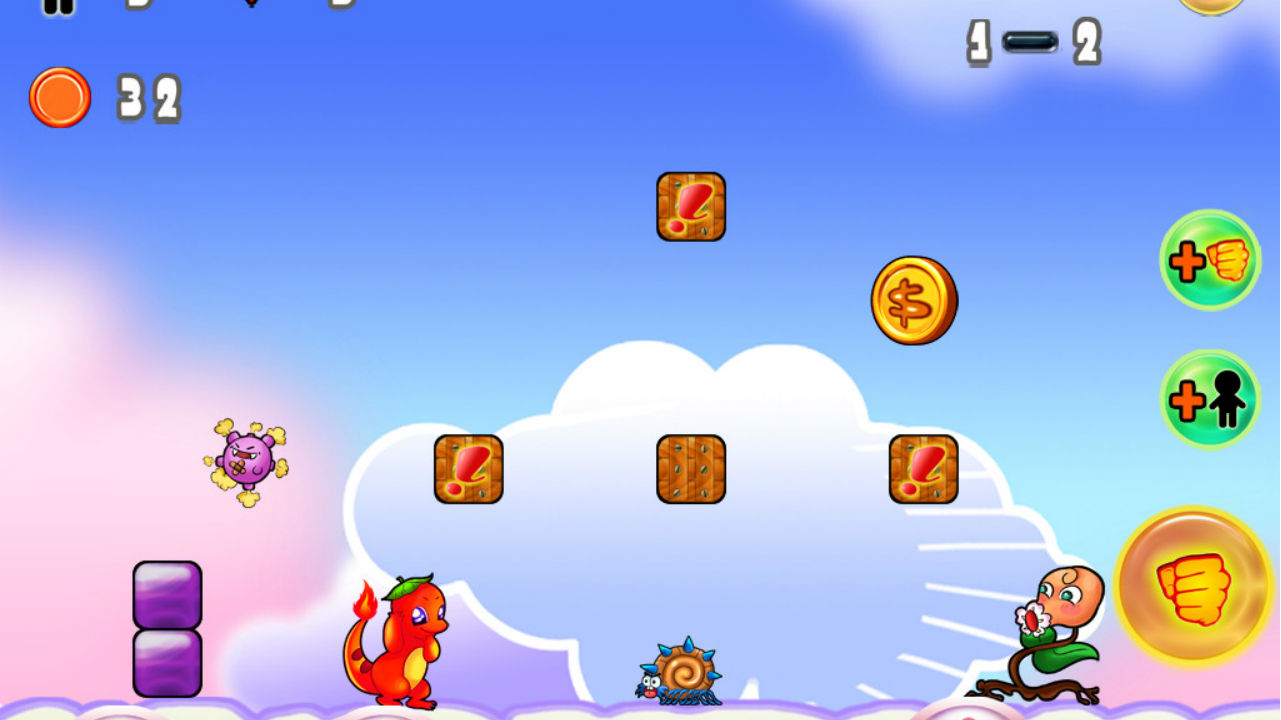
Obviously low-quality
This one speaks for itself--players can spot poor games. No player can start up a game like Super Monster Bros and claim that the developers poured their heart and souls into it. Its a complete mess--the platforming is floaty, imprecise, and almost entirely broken. Prompts to purchase items come fast and furious, offering items for ludicrously high prices. Were talking triple digits here, folks, for items in a game that is fundamentally broken.
Of course, even more serious games can fail to deliver meaningful gameplay. Star Trek: Trexels hides its boring, repetitive missions behind walls of timers. Final Fantasy: All the Bravest barely required player input--all a gamer had to do was smear their fingers over their iPads screen. Low quality titles like this are a huge part of what gives free-to-play games their poor reputation.
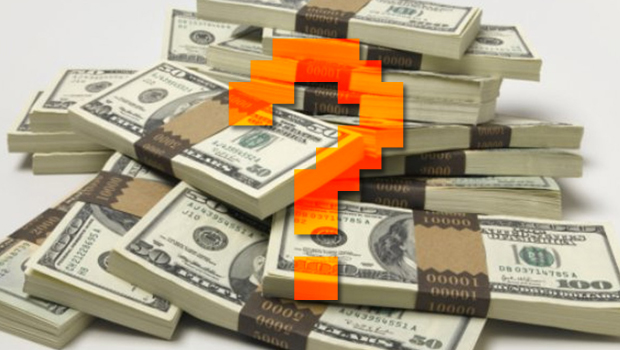
Protect your wallet!
This list was a crash course in spotting a bad game. Keep in mind that nothing about this list is definitive...but if you spot a game with more than three of the issues above, you might want to take your time and money elsewhere. Nobody has time to play bad games!
Want to know which games you should avoid? Check out the most exploitative mobile games we could find! Of course, if youre looking for something a bit more fair, check our tips to get you started with Puzzle and Dragons!
Weekly digests, tales from the communities you love, and more
You are now subscribed
Your newsletter sign-up was successful
Want to add more newsletters?

Every Friday
GamesRadar+
Your weekly update on everything you could ever want to know about the games you already love, games we know you're going to love in the near future, and tales from the communities that surround them.

Every Thursday
GTA 6 O'clock
Our special GTA 6 newsletter, with breaking news, insider info, and rumor analysis from the award-winning GTA 6 O'clock experts.

Every Friday
Knowledge
From the creators of Edge: A weekly videogame industry newsletter with analysis from expert writers, guidance from professionals, and insight into what's on the horizon.

Every Thursday
The Setup
Hardware nerds unite, sign up to our free tech newsletter for a weekly digest of the hottest new tech, the latest gadgets on the test bench, and much more.

Every Wednesday
Switch 2 Spotlight
Sign up to our new Switch 2 newsletter, where we bring you the latest talking points on Nintendo's new console each week, bring you up to date on the news, and recommend what games to play.

Every Saturday
The Watchlist
Subscribe for a weekly digest of the movie and TV news that matters, direct to your inbox. From first-look trailers, interviews, reviews and explainers, we've got you covered.

Once a month
SFX
Get sneak previews, exclusive competitions and details of special events each month!
